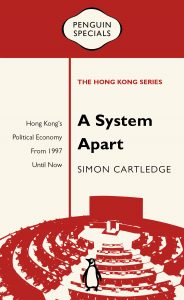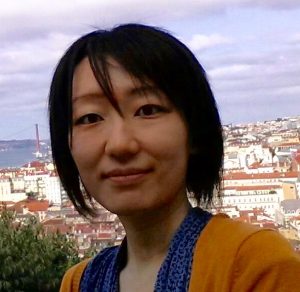
‘A System Apart? Hong Kong’s Political Economy from 1997’ by Simon Cartledge
1 February 2018, 6-7 pm
Venue: LT2, Arts Complex, University of Bristol

Since 1997, Hong Kong’s economic growth rate has dropped sharply, inequality has increased, and corruption has …
20/01/18
 Kaori Abe is a former postdoctoral fellow of Nanyang Technological University, Singapore, and has a PhD in History from the University of Bristol. Her main research areas are the history of Hong Kong, modern China and the British Empire in …
Kaori Abe is a former postdoctoral fellow of Nanyang Technological University, Singapore, and has a PhD in History from the University of Bristol. Her main research areas are the history of Hong Kong, modern China and the British Empire in …
‘A System Apart? Hong Kong’s Political Economy from 1997’ by Simon Cartledge
1 February 2018, 6-7 pm
Venue: LT2, Arts Complex, University of Bristol

Since 1997, Hong Kong’s economic growth rate has dropped sharply, inequality has increased, and corruption has …
20/01/18